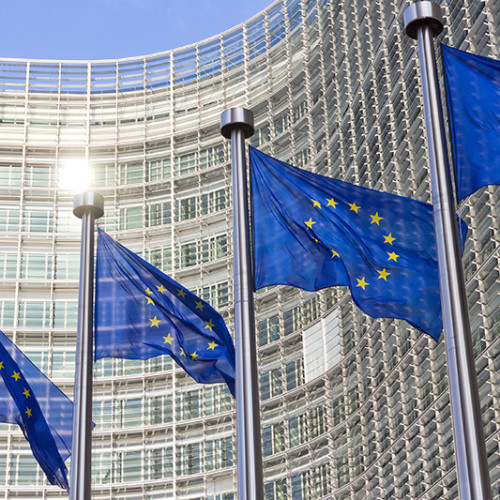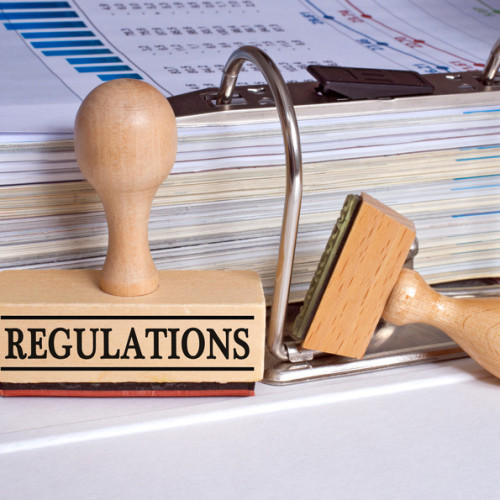
On March 1, 2024, the Food and Drug Administration (FDA) issued a letter of enforcement discretion stating that it does not intend to object to the use of qualified health claims relating to the yogurt consumption and the reduction of type 2 diabetes risk.

On June 22, 2023, the European Authority (EFSA) published a scientific opinion recognizing the contribution of choline to the normal hepatic function of the fetus and exclusively breastfed infants. She recognized the scientific basis of this effect on health following the request for a health claim on this subject.

In autumn 2022, the British Department of Health and Social Care requested to the Scientific Advisory Committee on Nutrition (SACN) to take a position regarding food processing and health. The SACN raises uncertainties on the evidence related to food processing and health in a statement published on 11 July 2023.

An international cross-sectional study recently published in the British Medical Journal found that infant diet products communicated from 1 to 4 health and nutrition claims. The authors pointed out that 2/3 of the products with at least one claim did not provide any reference. When registered clinical studies were referenced, the authors noted a high risk of bias.

The proposed rule would update the definition for the implied nutrient content claim ‘healthy’ to better account for how all the nutrients in various food groups contribute and may work synergistically to create healthy dietary patterns and improve health. Under the proposed definition for the updated “healthy” claim, which is based on current nutrition science, more foods that are part of a healthy dietary pattern and recommended by the Dietary Guidelines would be eligible to use the claim on their labeling, including nuts and seeds, higher fat fish (such as salmon), certain oils and water.

You may see a claim followed by an asterisk on a herbal food supplement marketed in the Netherlands. These food supplements are composed of one or more plant(s) or plant extract(s) claiming effects on health. In accordance with European regulations on nutritional and health claims, only scientifically substantiated claims are permitted.

The EU regulation No 1924/2006 concerning the nutrition and health claims for food requires a scientific substantiation of the highest quality standard

Specialised Nutrition Europe (SNE) welcomes the Commission Regulation 2021/686 concerning the authorisation of a health claim on carbohydrate solutions contributing to the

The nutrition and health claims regulation adopted in 2006 aims to protect consumers while ensuring an efficient functioning of the internal market.

On May 20, 2020, the European Commission completed the evaluation of the regulation on nutrition and health claims, announced in its Better